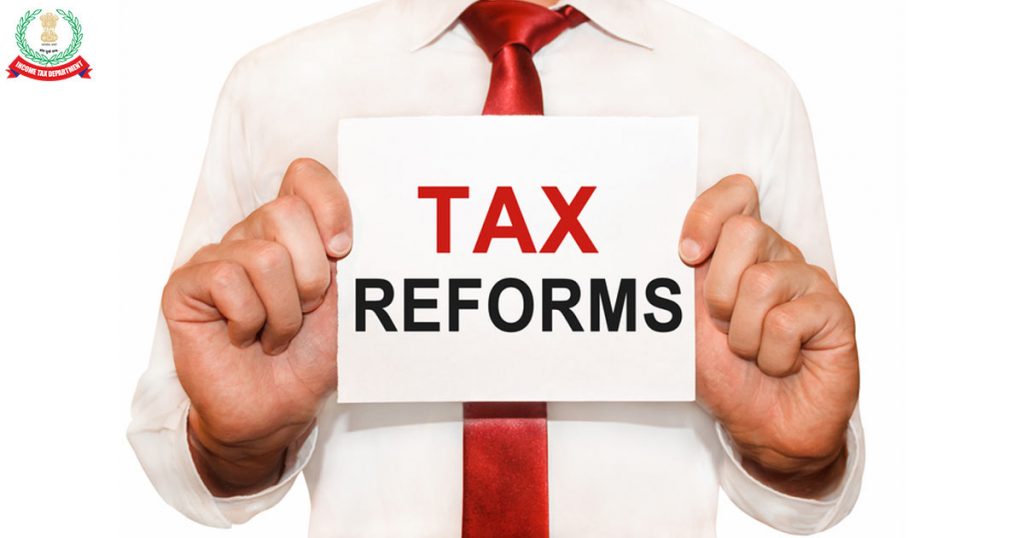
The panel headed by CBDT member Akhilesh Ranjan proposed amendments in the Income Tax Act on Monday. This was the act of relief for the taxpayers. Reforms included a 25% tax rate for domestic as well as foreign companies and reforms in other income tax slabs to benefit the middle class and upper-middle-class Indian residents.
Motivation to startup companies, the proposal also recommended incentives for startups and the all-new curriculum for settling disputes between taxpayers and administration through negotiations, extracted from the panel reports delivered to Nirmala Sitharaman. The government will disperse reports of the council in the public domain for further discussion after personally investigating the recommendations.
Tax Algorithms for Corporate Sector
Proposed by the panel, tax relief will apply to both, in-house, as well as foreign companies that are currently working within the premises without any subsidiary and are liable for 40% tax. Foreign firms are charged with higher tax as compared to the domestic firms but are deprived of “dividend distribution tax” which is needful for a domestic company.
Read Also: How to File a Complaint Against Income Tax Officer?
Presently, domestic small scale companies with certain threshold limits are liable for a 25% tax rate while giant businesses pay 30% income tax including surcharge and cess to the nation. Certain tax relief measures could prove to be a boon for corporate sectors which are sliding with the economic slump. The introduction of new direct tax laws will lead to new taxation concepts and plans to reduce corporate disputes.
To interest foreign companies, the proposal has ‘branch profit tax’ for businesses who dispatch the earnings to their centres overseas. However, the effects of branch profit tax and reduced corporate tax remain unseen. US government in 2017 executed “The Tax Cuts” and “Jobs Act” with the intention to encourage overseas extensions of American companies to dispatch their profits to their origin firms.
The panel proposed for plain assessment proceedings along with the opportunity for the public to ask for clarifications on tax issues from CBDT.
Significant reforms are awaited by the government on corporate tax laws. Immunity schemes such as Sabka Vishwas (legacy dispute resolution) Scheme earlier introduced to restrict litigations under indirect tax enactments is a good amendment to be included in the direct tax design as well.
The proposal is kept on the desk on Finance Minister Nirmala Sitharaman with the vision of bringing an absolute taxation structure for reviving personal and corporate income tax. The reforms are favourable to enhancements in business and reducing the compliance load as well as tax disputes.
The nation is heading towards the path of tax reductions in favour of the businesses in the country to boost the sector with immense production and sales. The current economic slowdown has urged the jurisdiction to call for reforms in the interest of the blooming businesses.









